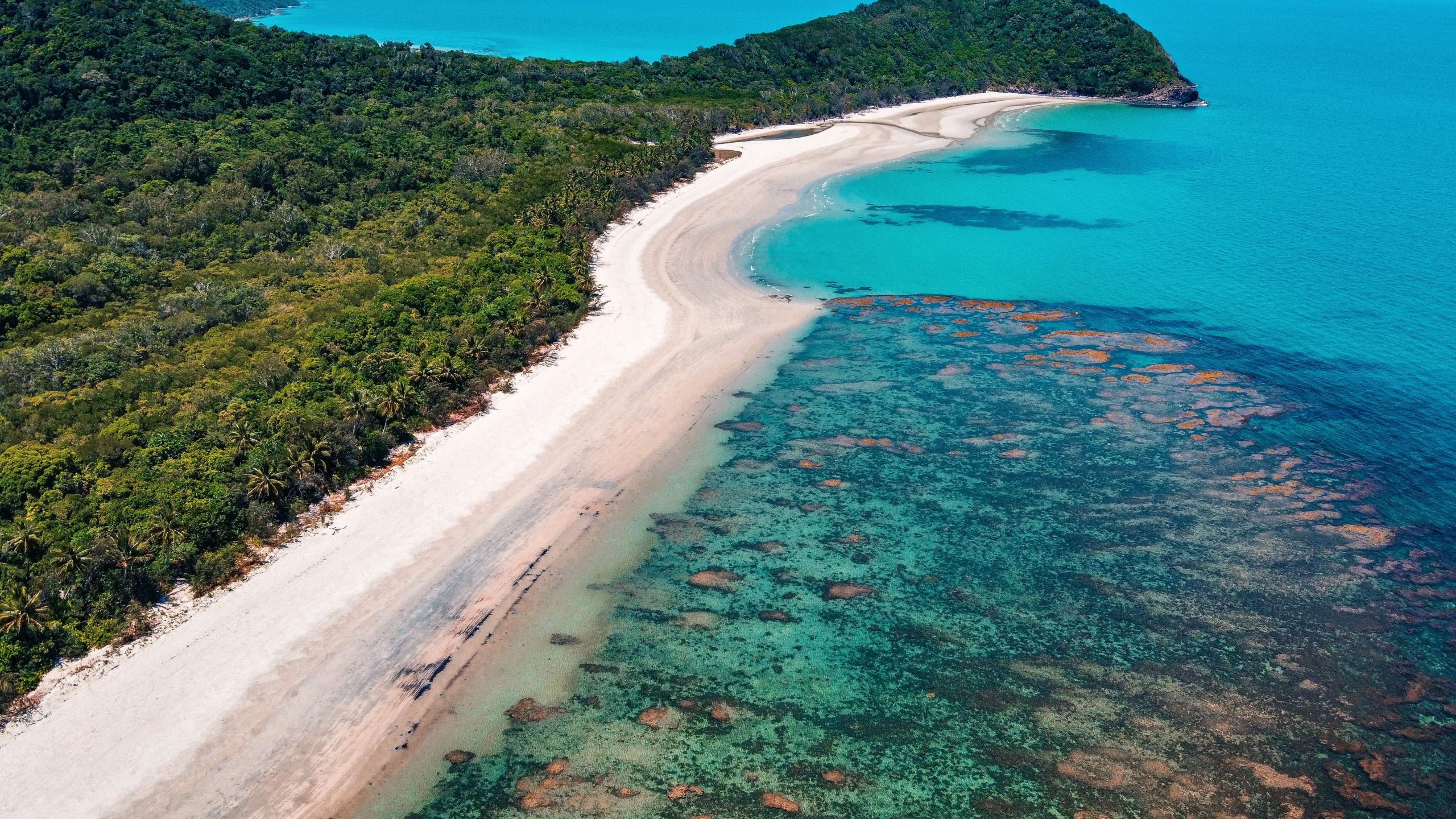In A bid to save the Great Barrier Reef from keeping it off the UNESCO’s endangered list, Australia is all set to take a group of ambassadors snorkeling at the site on July 15, 2021.
Owing to the damage to the corals, brought upon by climate change, the United Nations recommended that the world’s largest reef system be downgraded.
The threat put Australia in a tough spot as the Great Barrier Reef is one of the most important heritage sites in the country. As the UNESCO’s virtual meeting hosted by China is approaching on July 16, 2021, Australia is geared up for an intense lobbying campaign.
The meeting will witness a vote on downgrading the reef to “World Heritage In Danger” status.
Ambassadors from the European Union and more than a dozen countries — including members of the World Heritage Committee who could help sway the outcome — will be ferried to Agincourt Reef, a popular site off Australia’s northeast coast, the government’s special reef envoy told AFP.
“They’ll be able to see for themselves the beauty and the diversity of it and the importance of making sure that we look after it. And we look after it well,” Warren Entsch said.
He further added that Australia had made “significant” moves to lower carbon emissions but could not save the reef on its own, urging big-polluting “northern hemisphere” nations to also do more.
The fear of losing the reef’s appeal to tourists looms over Australia as the entry on the endangered list is seen as a dishonour by many countries. While its scientific, natural and environmental value is incomparable for the Australians, the 2,300-kilometre-long (1,400-mile) reef clocked in an estimated US$4.8 billion a year in tourism revenue for the Australian economy before the coronavirus pandemic.
The trip is the result of Environment Minister Sussan Ley’s meetings with World Heritage Committee member countries and UNESCO representatives in Europe.
“Australia’s position remains that the draft listing process did not include the proper consultation… was not made on the basis of the latest information and did not follow the proper process,” a spokesperson said in an emailed statement.
As per the environmental campaigners, it is the mismanagement of Australia in curbing the carbon emission that has posed a threat to the Great Barrier Reef’s status.
Interestingly, Canberra has time and again kept from committing to net zero emissions by 2050. However, in the turn of events, it says it hopes to meet the target “as soon as possible” without harming its commodity-dependent economy.
The Great Barrier Reef is one of seven sights that have been threatened with an entry into the list of endangered sites due to ecological damage, overdevelopment, overtourism or security concerns. It was earlier placed on the World Heritage list in 1981.







